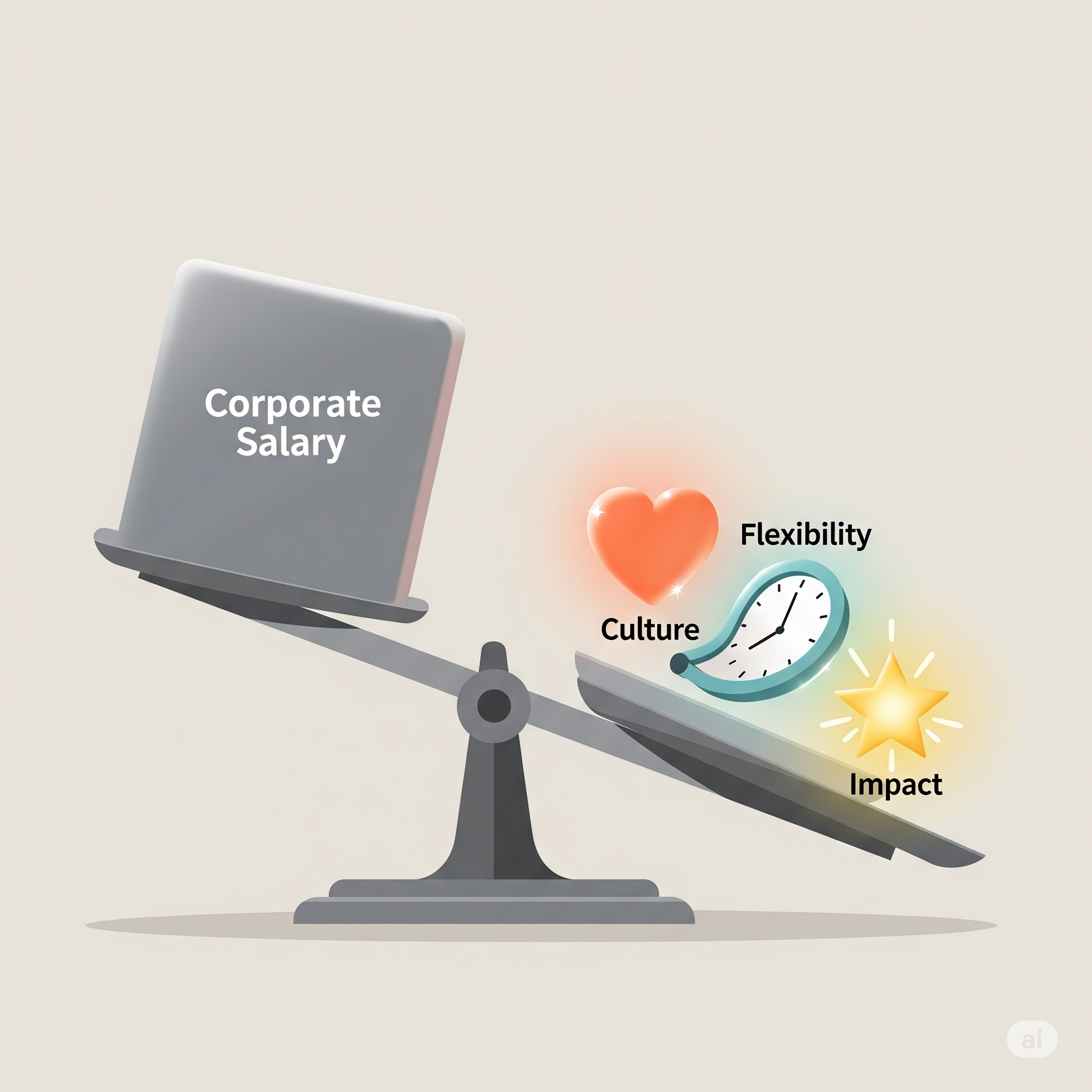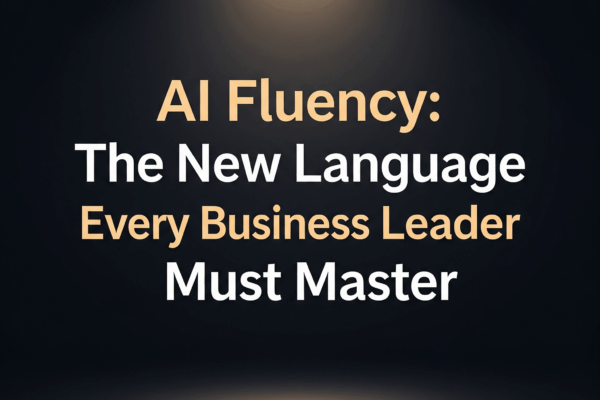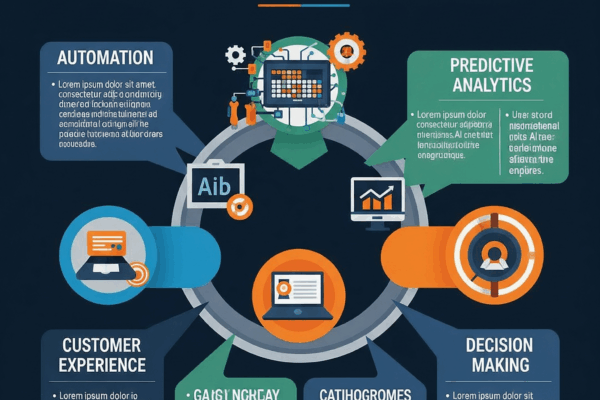It’s exhilarating, it’s necessary, and frankly, if you’re not engaging with this technology, you’re risking being left behind.
But amidst all this incredible progress, all this focus on code and efficiency and scale, I keep coming back to a fundamental question: What happens to the human element in all of this?
I was speaking with the CEO of a manufacturing company recently. They’d just invested heavily in automating their production line, a move that significantly boosted efficiency and reduced costs. On paper, it was a resounding success. But he looked… tired. Stressed.
He told me about theARO, the anxiety among his long-time employees, the fear of being replaced by machines. He’d announced the changes with pride, focusing on the productivity gains and the company’s future. He talked about the technology, the ROI, the market share. All the right business metrics.
But he admitted, with a sigh, that he hadn’t spent enough time talking about them. About the people who had built this company with their sweat and dedication for years. He hadn’t fully acknowledged their fears, their uncertainties, their very human need to feel valued in a changing landscape. The technology was a success, but the transition for his team was proving to be a significant, and painful, challenge.
This is where empathy, my friends, moves from a “nice-to-have” soft skill to a “must-have” core competency for any leader hoping to thrive in this age of acceleration.
In a world where algorithms can personalize marketing messages and AI can handle customer service inquiries, the interactions that do involve humans become infinitely more significant. They are the moments where trust is built or broken, where loyalty is forged, where the true culture of your organization shines through.
Think about it. When your employees are grappling with the fear of their roles changing or disappearing, efficiency metrics and growth charts aren’t going to provide the reassurance they need. They need to see leadership that understands their concerns, acknowledges their contributions, and is committed to navigating the future with them, not just for the bottom line.
Empathy isn’t about being overly emotional or making touchy-feely decisions that hurt the business. Far from it. True empathy in leadership is about:
* Understanding Perspectives: Taking the time to truly listen to your employees’ concerns, fears, and ideas, even if they seem irrational from a purely logical standpoint.
* Navigating Change with Compassion: Recognizing that technological shifts can cause anxiety and insecurity, and communicating with transparency, reassurance, and a clear plan for the future that includes your people.
* Fostering Psychological Safety: Creating an environment where people feel safe to voice concerns, admit mistakes, and propose unconventional ideas without fear of judgment – something crucial for innovation in a complex world.
* Building Authentic Connection: In a hybrid or remote work environment, intentional efforts to connect with your team on a human level become vital to maintaining morale and a sense of belonging.
* Identifying Unseen Challenges: Sometimes, the most significant problems (and opportunities) in your business aren’t visible in the data. Empathetic leaders, by staying connected to their people, can uncover these crucial human-centric insights.
Leading with empathy in the age of AI and automation isn’t about slowing down progress; it’s about ensuring that our progress is sustainable, ethical, and ultimately, human-centered. It’s about recognizing that our greatest asset isn’t the technology we deploy, but the people who innovate with it, adapt to it, and use it to serve other people.
The leaders who will truly excel in the coming years will be those who can seamlessly integrate technological savvy with profound human understanding. They will be the ones who can look beyond the impressive algorithms and see the anxieties and aspirations of the individuals who make their organizations run.
So, as you lead your teams into this exciting, fast-paced future, remember to bring your most human skill with you. Because in a world increasingly shaped by artificial intelligence, the most powerful intelligence you possess is your emotional intelligence, your capacity for empathy. It is the key to unlocking not just efficiency, but also loyalty, resilience, and true, lasting success.
What does leading with empathy mean in your workplace? Share your experiences and thoughts in
the comments below!






